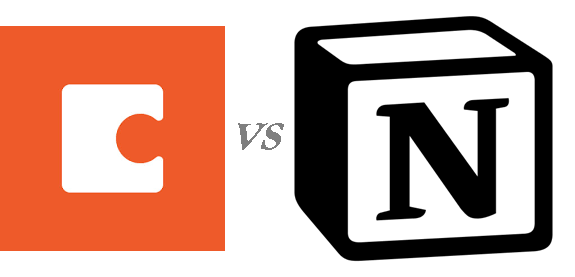Best-in-class SaaS tools that startups need to succeed
You’ve probably read the horror stories in business journals about the unlikely prospects of startups (and small businesses) making it through their first few years of operation. I was initially not going to make readers cringe with the exact statistics, but I am now convinced that it is important to them at the back of your mind going into this article. They give the title more gravitas. I hope these three have enough shock value to get you to consider these SaaS tools.
- 90% of all startups fail eventually.
- Cash flow problems lead to the downfall of 82% of startups.
- Only 40% of startups are profitable.
Pretty shocking, right? Well then, if you are now wondering why it seems like the cards are stacked unfairly high against startups, that is actually a great segue to our next subheading...
Why such a high rate of startup failure?
Personally, I blame the internet. But it’s not that simple. Any marketplace can be unforgiving for a startup. First, you have to walk a tightrope balancing learning the market and actual business growth. Second, unless you are doing business in a very niche market, the competition is usually always high. Of course, the ‘big fish’ in your market are always looking to swallow you up or end you. This is just the reality of doing business today and there are many other factors that make it considerably difficult for startups to thrive.
However, there are also manageable internal factors that cause startups to go under. In fact, business experts suggest that these factors contribute anywhere between 50 and 80 percent of the failure rates for startups in the first three years. Let’s look at some:
- Poor management and general leadership
- Inefficient customer relationship and support systems
- Redundant accounting and financial architecture
- Inconsistent internal communication
- Underwhelming online branding
Any startup or small business can relate to the above. The factors may seem obvious enough for any business person to manage effectively, but juggling between these and external forces can overwhelm the best business minds.
Good news though! I did a little research and found some great SaaS systems that can help you manage all these internal factors. Yes, I really mean all of them. These tools are created to help businesses automate and monitor business vitals like customer support, social media, finances, and communication. They are a great way to relieve the pressure of everyday management and allow startup owners to focus more on growth and profitability. Delegating is the idea here. These systems will manage, monitor, and report on their functions. A startup manager only analyses the data and information presented by these tools – and in some cases, even the analysis can be automated. Excited yet? Let’s begin?
For customer support – Zendesk and Freshdesk
For project management – ProofHub and Clickup
Clickup is an all-in-one project management tool. It edges out ProofHub because it is highly customizable and can be used by startups and established businesses.
Internal communication – Slack
There can only be one top dog in this category. Slack facilitates team communication and collaboration for businesses with any number of employees. It integrates with many other productivity tools. Slack enables teams to get on a general chat discussion, collaborate on team projects and do lots more. You can take the free version of Slack which should work well to experience the taste of the product. It also works seamlessly with remote staff regardless of the time zone.
Finance and accounting – QuickBooks and Xero
QuickBooks is perhaps the most known SaaS tool. It is widely popular and is used worldwide by small and medium-sized businesses to generate accounting reports. Its popularity is due to its user-friendly interface. Anybody can use QuickBooks, even with no accounting knowledge. Xero is also easy to use and is highly customizable because of its almost unlimited number of add-ons.
Social media management - Hootsuite
Have you heard from those search engine optimization guys lately? Their latest gospel is “Content is king!” I actually agree with that gospel. However, when you start to imagine the number of social media platforms, the amount of content you need to upload, and the frequency at which you need to upload it, you realize that social media management is a full-time job. But, you really don’t have to worry much if you are using Hootsuite.
The platform allows you to set up multiple social networks in a single place, and schedule posts across multiple social networks including but not limited to Twitter, LinkedIn, and Instagram. Their analytics tools are incredible as well.
Summary
So you see with a little help, managing a startup doesn’t have to be as daunting as it sounds. These tools are essentially designed to help businesses manage multiple functions simultaneously with little to no human intervention. Technologies like these help us focus on what is important – the growth of the business. Utilize what is best for you because every business is unique – do thorough research first of course.
Disclaimer alert! These tools are only supposed to assist in managing daily business activities. Like a virtual assistant of sorts. They are not the guarantee for startup success. Startup owners still have to put in the time and personal effort to ensure success. The proverbial blood, sweat, and tears still very much apply.
Interested in learning about the most popular SaaS platform? Visit our blog for your daily dose of SaaS news.








Comments
Post a Comment